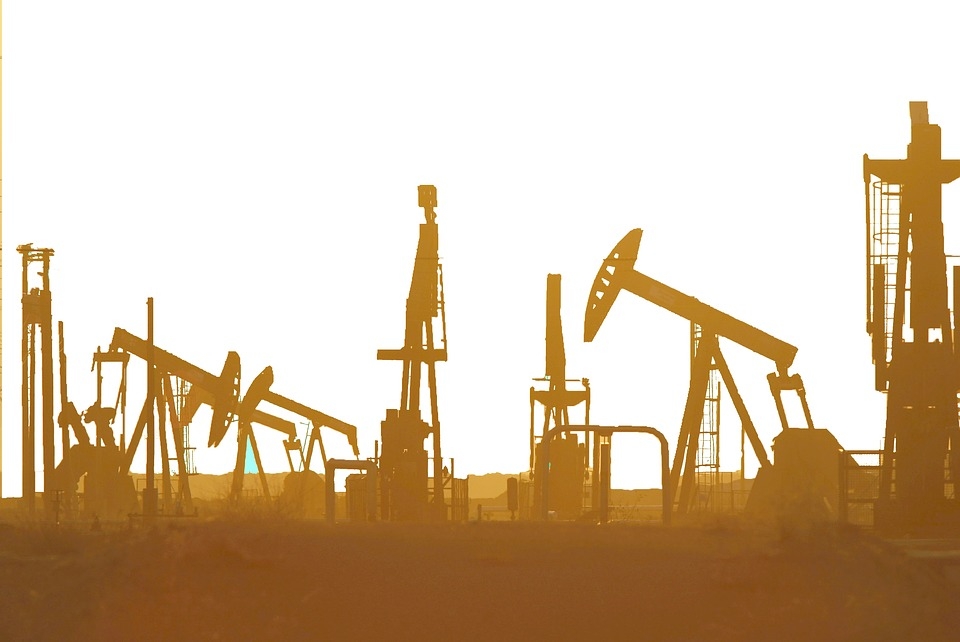

With oil prices easing, India to shift focus on growth
India is expected to shift its focus back on economic growth even as inflation inched upward touching the uncomfortable 7 per cent mark in August up from 6.7 per cent in July. But sources said that with the easing of global crude oil prices, policymakers are no more overly worried about inflation. With global crude oil prices easing – on Monday Brent crude was trading at around $85 a barrel and West Texas Intermediate (WTI) at 77.8 a barrel. This is expected to ease inflationary pressure in the economy.
The Narendra Modi government, sources said, will press the pedal on reviving growth, which in turn will boost jobs in the country. Oil l prices have been soaring since the Russia-Ukraine war started. Until July the prices for both WTI and Brent oil were above the $100 a barrel level. In June, Brent crude futures for August were at over $121 a barrel and WTI for July breached $119 a barrel mark.
“The government is clear that revival of economic growth is vital and non- negotiable. Therefore, the thrust will be on economic activities and now with the global oil prices coming down, we are hopeful that inflation would cool gradually on its own,” Gopal Krishna Agarwal, BJP’s national spokesperson told India Narrative.
Agarwal also said that India will continue to import crude from Russia at a discounted price. India imports more than 80 per cent of its crude requirements.
Sources said that with a further fall in international crude prices, the country’s domestic fuel prices would also come down. India imports over 80% of its crude requirement and inflation goes up when international oil prices surge.
The Reserve Bank of India has been raising interest rates to control inflation. In May, the RBI unexpectedly increased policy rates by 40 basis points to 4.4 per cent along with a 50 basis points hike in the cash reserve ratio—the minimum amount of deposit that commercial banks need to hold as reserves with the central bank. The move marked the beginning of the withdrawal of the easy money regime rolled out to push growth since the outbreak of the Covid 19 pandemic in 2020.
While analysts are expecting the Reserve Bank of India (RBI) to further increase interest rates in its upcoming monetary policy review this week, will the quantum be lower than the expected 50 basis points?
“Interest rates, if continuously raised, will hinder growth…we need to keep an eye on growth, we cannot compromise that,” a person familiar with developments told India Narrative.
In April, the beginning of this financial year, the repo rate or the rate at which banks borrow from the RBI was 4 per cent. At present it is 5.40 per cent.
Among several steps taken to combat inflation, India imposed a ban on rice and wheat exports while it has also brought down excise duty on petrol and diesel.
Last week, the Asian Development Bank (ADB) in its latest economic update lowered India’s GDP growth projection to 7 per cent, from 7.5 per cent estimated in April.
Recently speaking at an event, Chief Economic Advisor V. Anantha Nageswaran said that the Indian economy is expected grow at over 7 per cent compared to the earlier forecast of 8 per cent of growth rate projected in January.
The RBI could also revise its growth projections for India from the 7.2 per cent made earlier.
Also read: Indian economy on the mend but policymakers need to be watchful amid high crude prices
India’s GDP growth shoots up to 13.5% in April-June, highest in a year
Highlighting the use of indigenous platforms during Operation Sindoor, Chief of Defence Staff (CDS) General…
Congress MP Shashi Tharoor on Friday (local time) said that Colombia will issue a statement…
Minister for Electronics and Information Technology Ashwini Vaishnaw said on Friday that the government is…
Renowned human rights activist and political analyst Amjad Ayub Mirza has expressed a strong denunciation…
As was widely expected, the Indian economy grew by 6.5 per cent in real terms…
World No Tobacco Day, marked annually on 31 May, addresses a major public health challenge--the…